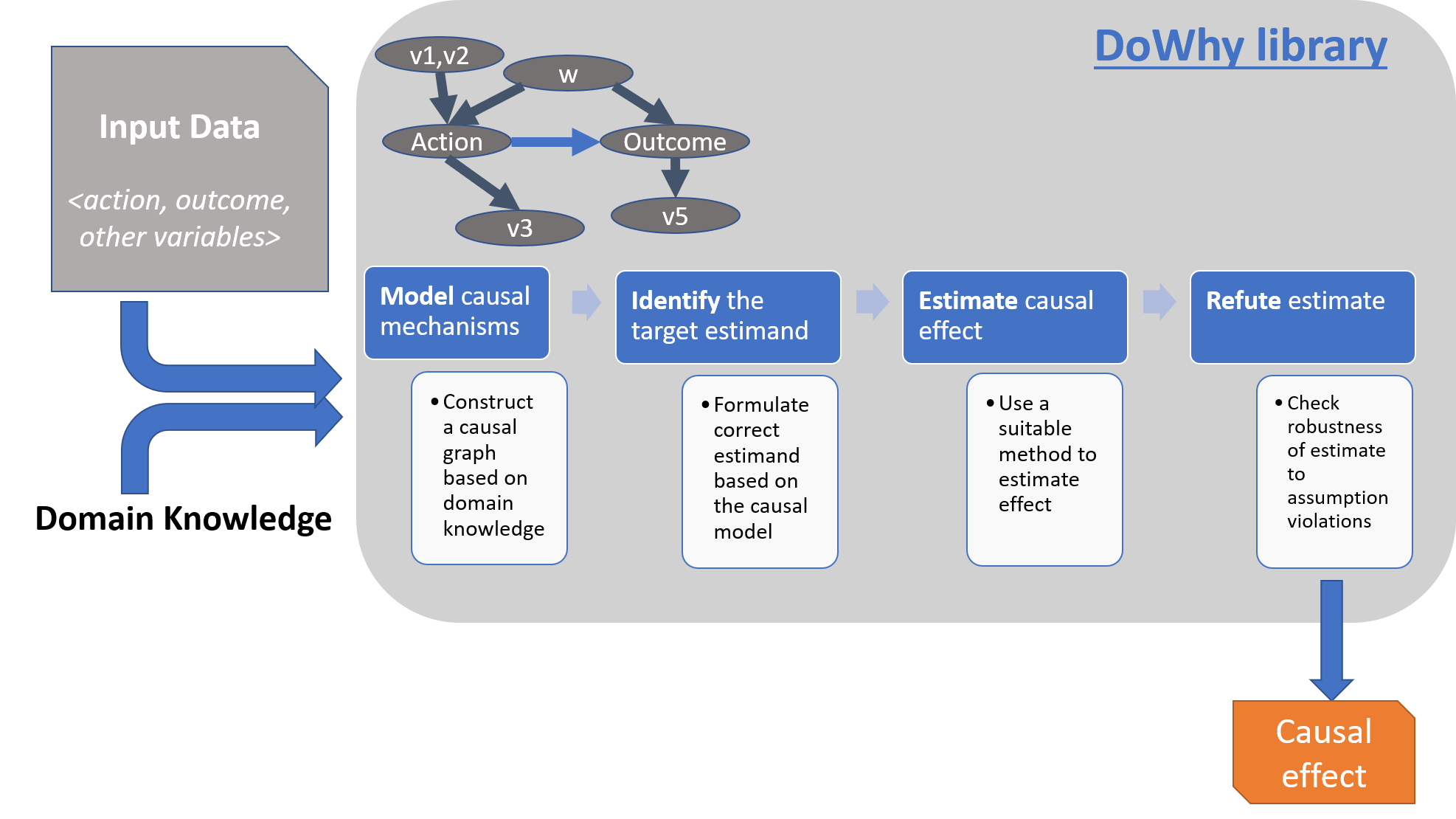16 Repositories
Python explicit Libraries

Using NumPy to solve the equations of fluid mechanics together with Finite Differences, explicit time stepping and Chorin's Projection methods
Computational Fluid Dynamics in Python Using NumPy to solve the equations of fluid mechanics 🌊 🌊 🌊 together with Finite Differences, explicit time
Caffe-like explicit model constructor. C(onfig)Model
cmodel Caffe-like explicit model constructor. C(onfig)Model Installation pip install git+https://github.com/bonlime/cmodel Usage In order to allow usi

Explicit, strict and automatic project version management based on semantic versioning.
Explicit, strict and automatic project version management based on semantic versioning. Getting started End users Semantic versioning Project version

PyTorch Implementation of Exploring Explicit Domain Supervision for Latent Space Disentanglement in Unpaired Image-to-Image Translation.
DosGAN-PyTorch PyTorch Implementation of Exploring Explicit Domain Supervision for Latent Space Disentanglement in Unpaired Image-to-Image Translation
A PyTorch implementation of "SelfGNN: Self-supervised Graph Neural Networks without explicit negative sampling"
SelfGNN A PyTorch implementation of "SelfGNN: Self-supervised Graph Neural Networks without explicit negative sampling" paper, which will appear in Th
Reimplementation of NeurIPS'19: "Meta-Weight-Net: Learning an Explicit Mapping For Sample Weighting" by Shu et al.
[Re] Meta-Weight-Net: Learning an Explicit Mapping For Sample Weighting Reimplementation of NeurIPS'19: "Meta-Weight-Net: Learning an Explicit Mapping
NeurIPS'19: Meta-Weight-Net: Learning an Explicit Mapping For Sample Weighting (Pytorch implementation for noisy labels).
Meta-Weight-Net NeurIPS'19: Meta-Weight-Net: Learning an Explicit Mapping For Sample Weighting (Official Pytorch implementation for noisy labels). The

DoWhy is a Python library for causal inference that supports explicit modeling and testing of causal assumptions. DoWhy is based on a unified language for causal inference, combining causal graphical models and potential outcomes frameworks.
DoWhy | An end-to-end library for causal inference Amit Sharma, Emre Kiciman Introducing DoWhy and the 4 steps of causal inference | Microsoft Researc
Proximal Backpropagation - a neural network training algorithm that takes implicit instead of explicit gradient steps
Proximal Backpropagation Proximal Backpropagation (ProxProp) is a neural network training algorithm that takes implicit instead of explicit gradient s

EQFace: An implementation of EQFace: A Simple Explicit Quality Network for Face Recognition
EQFace: A Simple Explicit Quality Network for Face Recognition The first face recognition network that generates explicit face quality online.
(SIGIR2020) “Asymmetric Tri-training for Debiasing Missing-Not-At-Random Explicit Feedback’’
Asymmetric Tri-training for Debiasing Missing-Not-At-Random Explicit Feedback About This repository accompanies the real-world experiments conducted i

implementation of paper - You Only Learn One Representation: Unified Network for Multiple Tasks
YOLOR implementation of paper - You Only Learn One Representation: Unified Network for Multiple Tasks To reproduce the results in the paper, please us
TalkNet 2: Non-Autoregressive Depth-Wise Separable Convolutional Model for Speech Synthesis with Explicit Pitch and Duration Prediction.
TalkNet 2 [WIP] TalkNet 2: Non-Autoregressive Depth-Wise Separable Convolutional Model for Speech Synthesis with Explicit Pitch and Duration Predictio

textspotter - An End-to-End TextSpotter with Explicit Alignment and Attention
An End-to-End TextSpotter with Explicit Alignment and Attention This is initially described in our CVPR 2018 paper. Getting Started Installation Clone
A library for hidden semi-Markov models with explicit durations
hsmmlearn hsmmlearn is a library for unsupervised learning of hidden semi-Markov models with explicit durations. It is a port of the hsmm package for

pyhsmm - library for approximate unsupervised inference in Bayesian Hidden Markov Models (HMMs) and explicit-duration Hidden semi-Markov Models (HSMMs), focusing on the Bayesian Nonparametric extensions, the HDP-HMM and HDP-HSMM, mostly with weak-limit approximations.
Bayesian inference in HSMMs and HMMs This is a Python library for approximate unsupervised inference in Bayesian Hidden Markov Models (HMMs) and expli